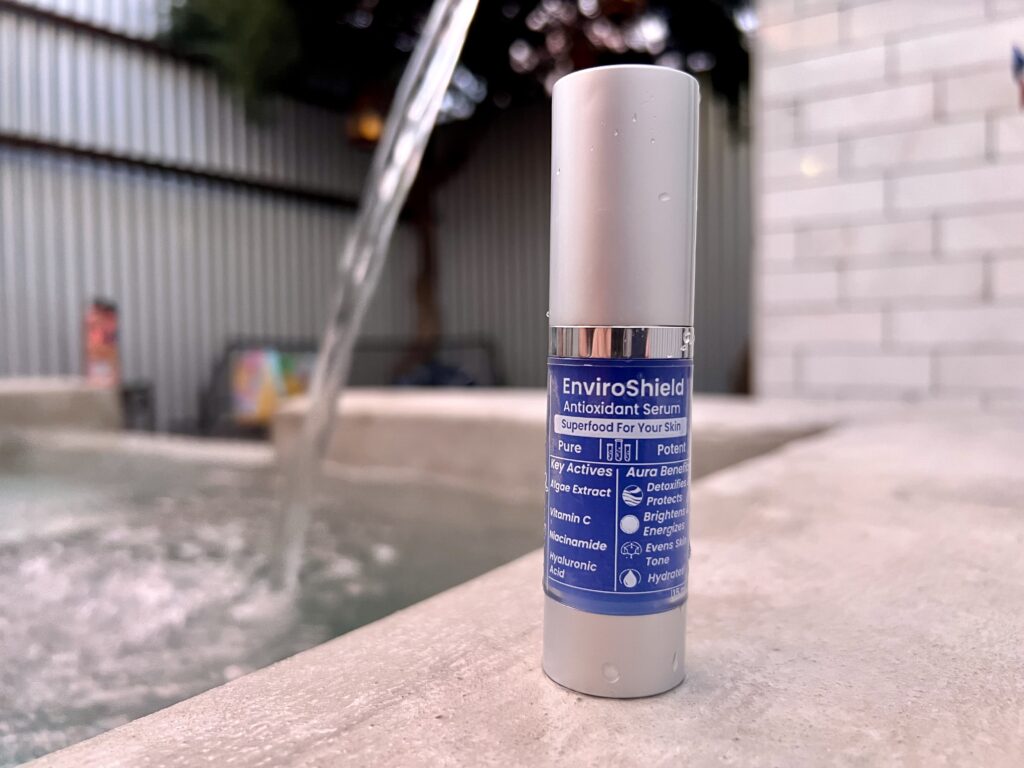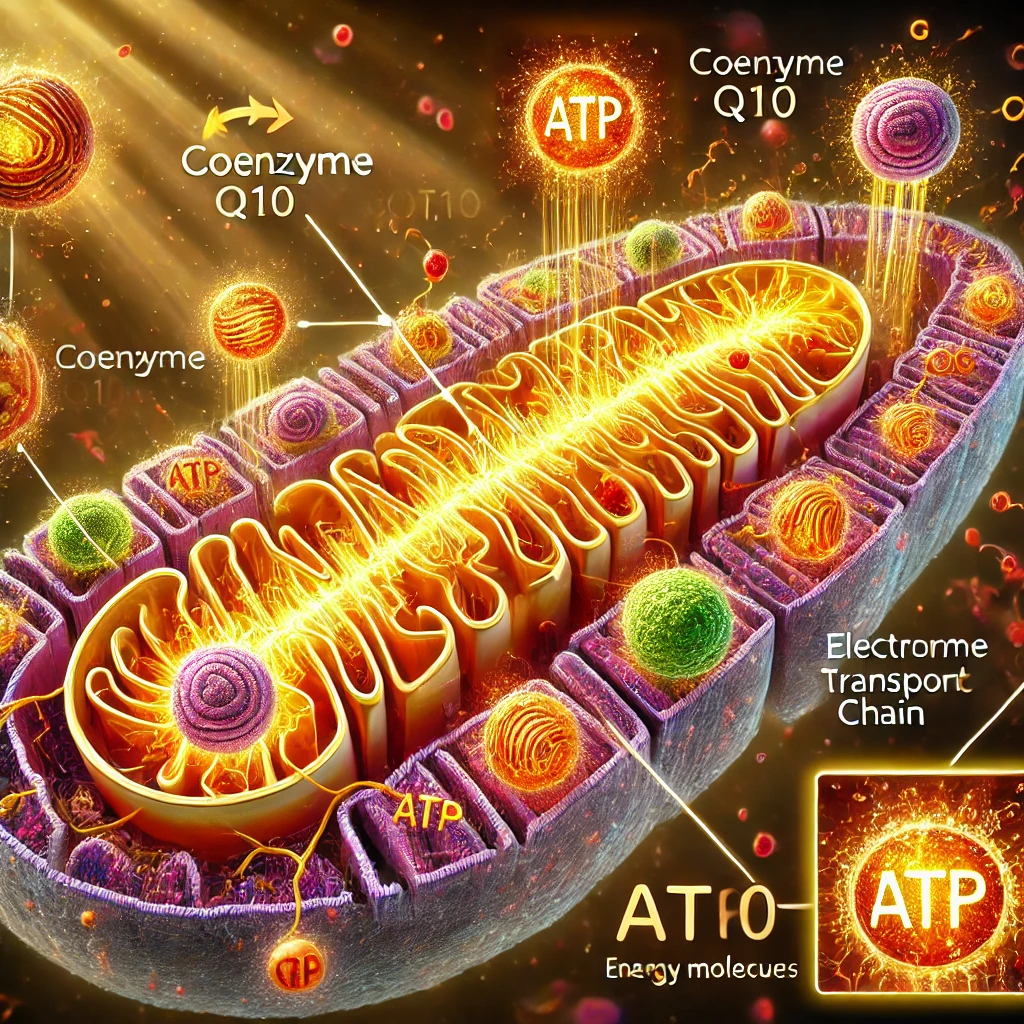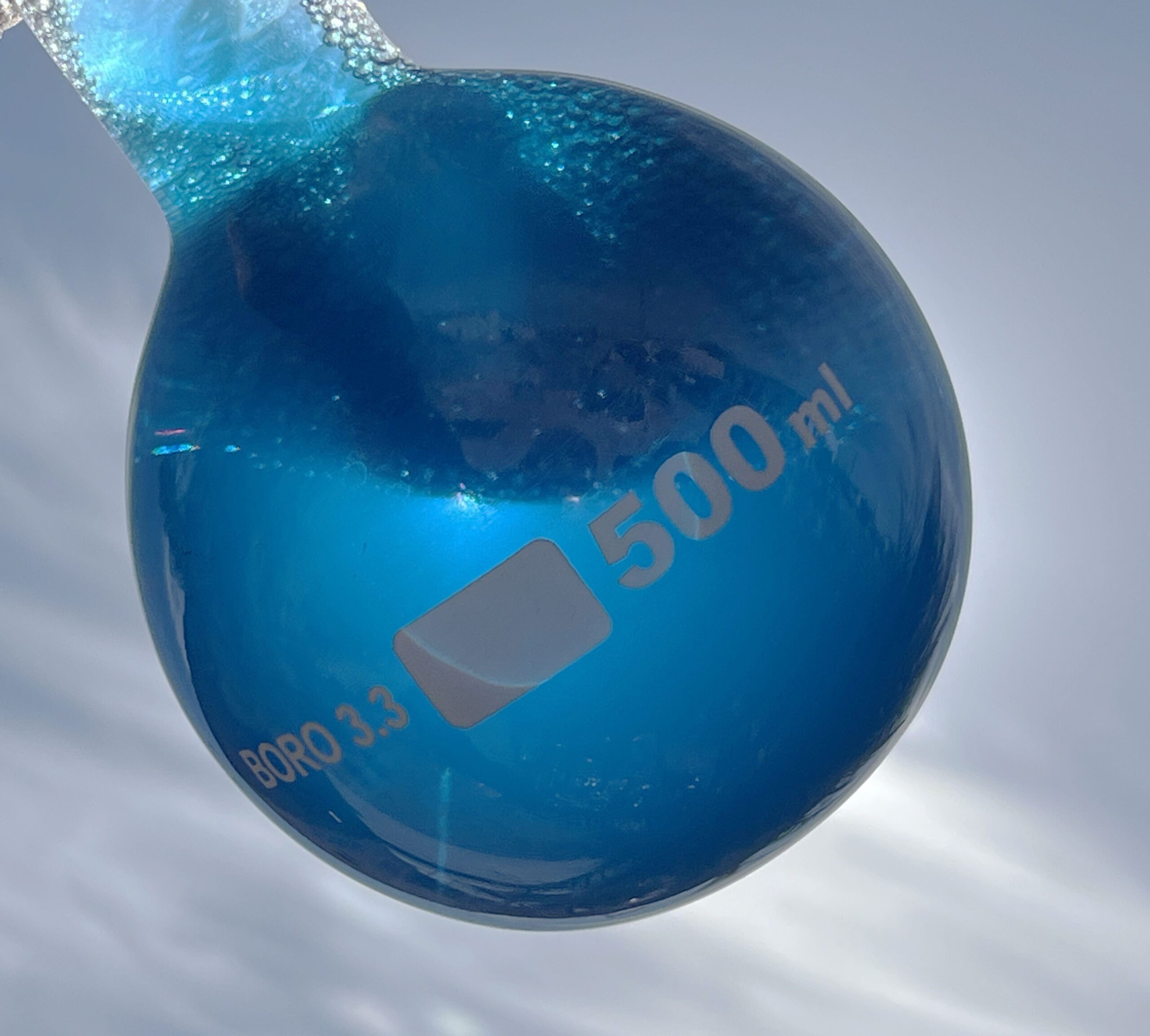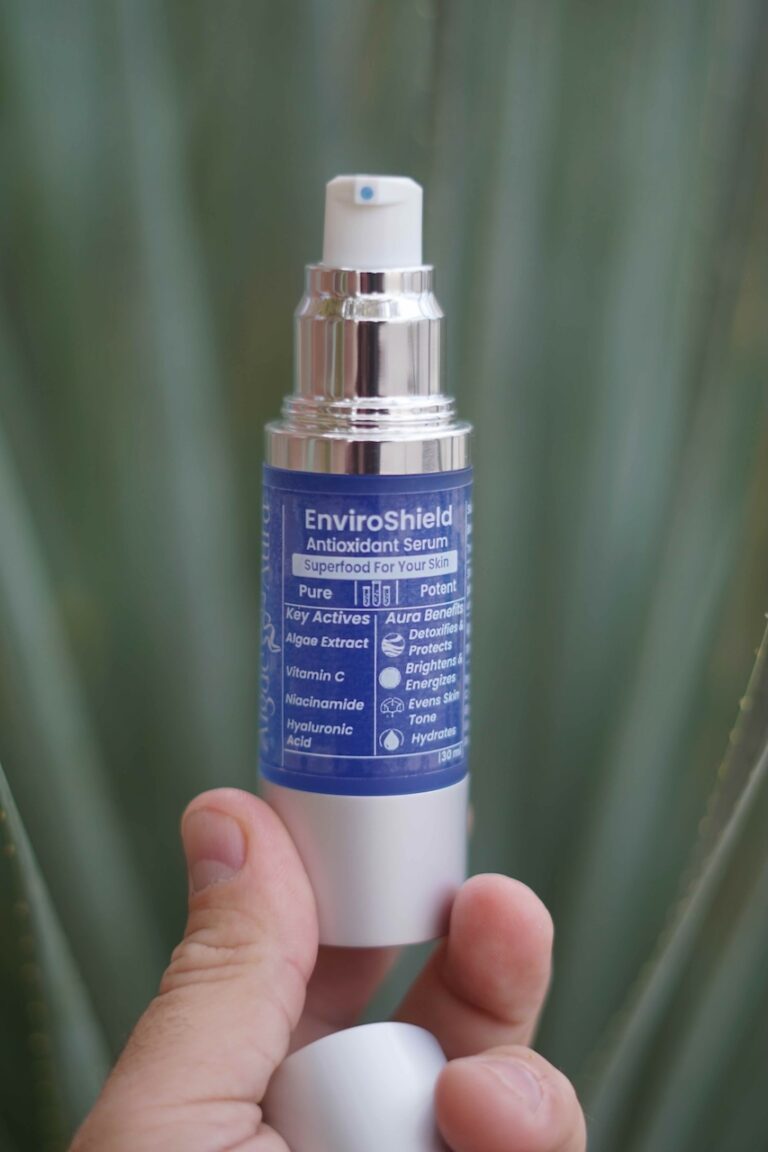CoQ10 vs. Phycocyanin: Skin Benefits, Uses, and Side Effects Explained
You’ve probably seen CoQ10 supplements at your local health store or noticed it listed in your skincare products. Known for enhancing energy and supporting heart health, CoQ10 is a popular ingredient—but what exactly is it, and how does it benefit your skin? This article dives into CoQ10’s health and skincare benefits, common uses, and potential side effects. Additionally, we’ll introduce phycocyanin, a potent blue-green algae extract gaining attention as a powerful skincare alternative or companion to CoQ10.
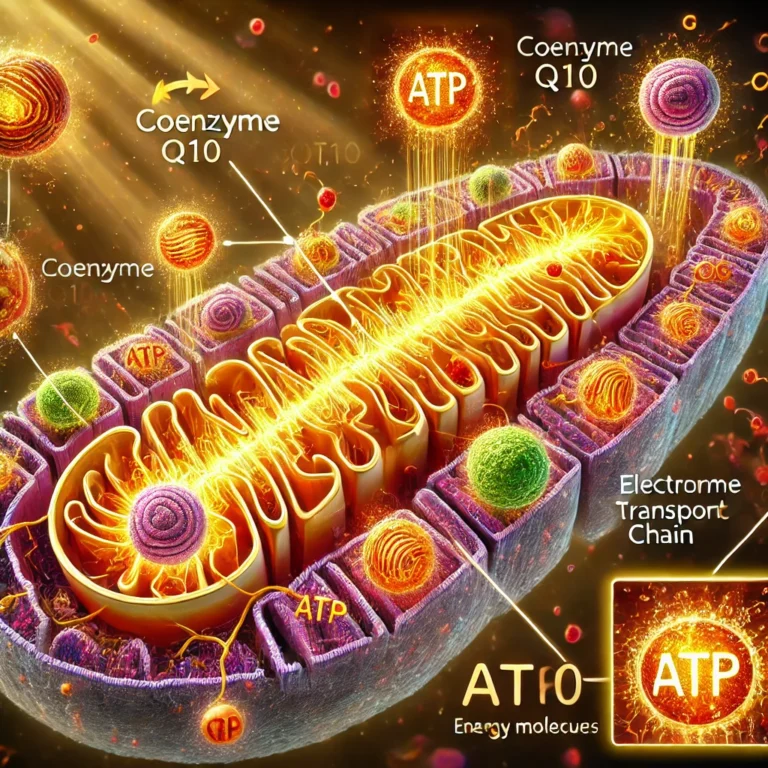
What is CoQ10?
Coenzyme Q10 (CoQ10) is a vitamin-like compound naturally produced in your body, essential for energy production and powerful antioxidant activity (1,2). Think of CoQ10 as fuel for your cells—it helps mitochondria convert nutrients into ATP, the energy currency of your cells, while also protecting them from oxidative damage caused by free radicals (3).
However, CoQ10 production peaks in your 20s and gradually declines with age, potentially affecting heart health and overall vitality (2,4). Low CoQ10 levels are also observed in people with heart conditions or those taking statin medications, making supplementation beneficial for many individuals (1).
Key Benefits of CoQ10
CoQ10 offers several significant health benefits:
- Boosts Cellular Energy
CoQ10 enhances ATP production, improving energy levels and overall vitality (3). - Supports Heart Health
Research demonstrates that CoQ10 can improve symptoms in individuals with heart failure, reduce blood pressure, and lower risks associated with heart-related events (1,5). - Promotes Healthy Aging
By combating oxidative stress, CoQ10 helps protect cells from damage, potentially slowing aging and supporting healthier, younger-looking skin (2).

Common Uses of CoQ10
CoQ10 supplements are frequently utilized for:
- Heart Conditions: Complementing medical treatment for heart failure, angina, and post-heart attack recovery (6).
- Statin Side Effects: Reducing muscle discomfort caused by statin medications (1).
- Migraine Prevention: Decreasing the frequency and severity of migraines (1).
- Energy and Exercise: Enhancing endurance and energy levels, though results may vary (1).
(CoQ10 is available in doses of 30 mg to over 200 mg. It’s best absorbed with fatty meals. Always consult your healthcare provider to determine appropriate dosage.)
Potential Side Effects of CoQ10
CoQ10 is typically safe, but possible side effects include:
- Mild digestive discomfort (nausea, diarrhea) (7).
- Headaches or insomnia (take earlier in the day to mitigate) (7).
- Rare allergic skin reactions (rash, itching) (7).
- Potential interactions with blood thinners like warfarin—consult your doctor if you’re on medication (7).
CoQ10 in Skincare: What You Should Know
Topically, CoQ10 provides these skincare benefits:
- Antioxidant Protection
CoQ10 neutralizes harmful free radicals from UV exposure, pollution, and toxins, helping prevent premature skin aging (3). - Boosts Skin Cell Energy
It supports skin cell renewal and collagen production, improving elasticity and reducing fine lines (11). - Synergistic with Other Antioxidants
CoQ10 works effectively with vitamins C and E, enhancing overall protection against aging (11,12).
Introducing Phycocyanin: The Algae-Based Alternative
Phycocyanin, derived from spirulina (blue-green algae), offers remarkable skincare benefits comparable—and even superior—to CoQ10:
- Powerful Antioxidant
Phycocyanin is highly effective at neutralizing free radicals, sometimes surpassing vitamins C and E, making it excellent for combating skin aging (10). - Anti-Inflammatory Properties
Its anti-inflammatory effects help reduce skin redness, soothe irritation, and manage sensitive skin conditions like rosacea and acne (9). - Strengthens Skin Barrier
Phycocyanin protects the skin barrier by reducing inflammation and oxidative stress, supporting healthy, resilient skin (9).

CoQ10 vs. Phycocyanin: Comparative Overview
- Body Functions: CoQ10 is fat-soluble, supporting mitochondrial energy production, whereas phycocyanin is water-soluble with potent antioxidant and anti-inflammatory actions (2,8).
- Skincare Uses: CoQ10 boosts collagen production and combats oxidative damage, while phycocyanin provides superior antioxidant capacity and calms inflammation in water-based skincare formulations (10).
- Overall Health: CoQ10 excels in heart health and energy support, whereas phycocyanin helps regulate cholesterol and inflammation markers (1,9).
Synergistic Benefits: Combining CoQ10 and Phycocyanin
Instead of choosing between CoQ10 and phycocyanin, combining these nutrients can enhance overall skincare and wellness outcomes:
- Enhanced Antioxidant Coverage: CoQ10 protects fatty cell components, while phycocyanin protects water-based cellular areas, providing comprehensive antioxidant protection.
- Energy and Inflammation Control: CoQ10 enhances cellular energy and skin regeneration, while phycocyanin addresses inflammation and irritation.
- Holistic Anti-Aging: Together, they tackle energy, inflammation, and oxidative stress—key factors in skin aging.
At Algae Aura, we’re committed to harnessing algae-derived ingredients like phycocyanin to complement established nutrients such as CoQ10. Embracing both offers powerful, comprehensive skincare solutions, enhancing both beauty and wellness.
